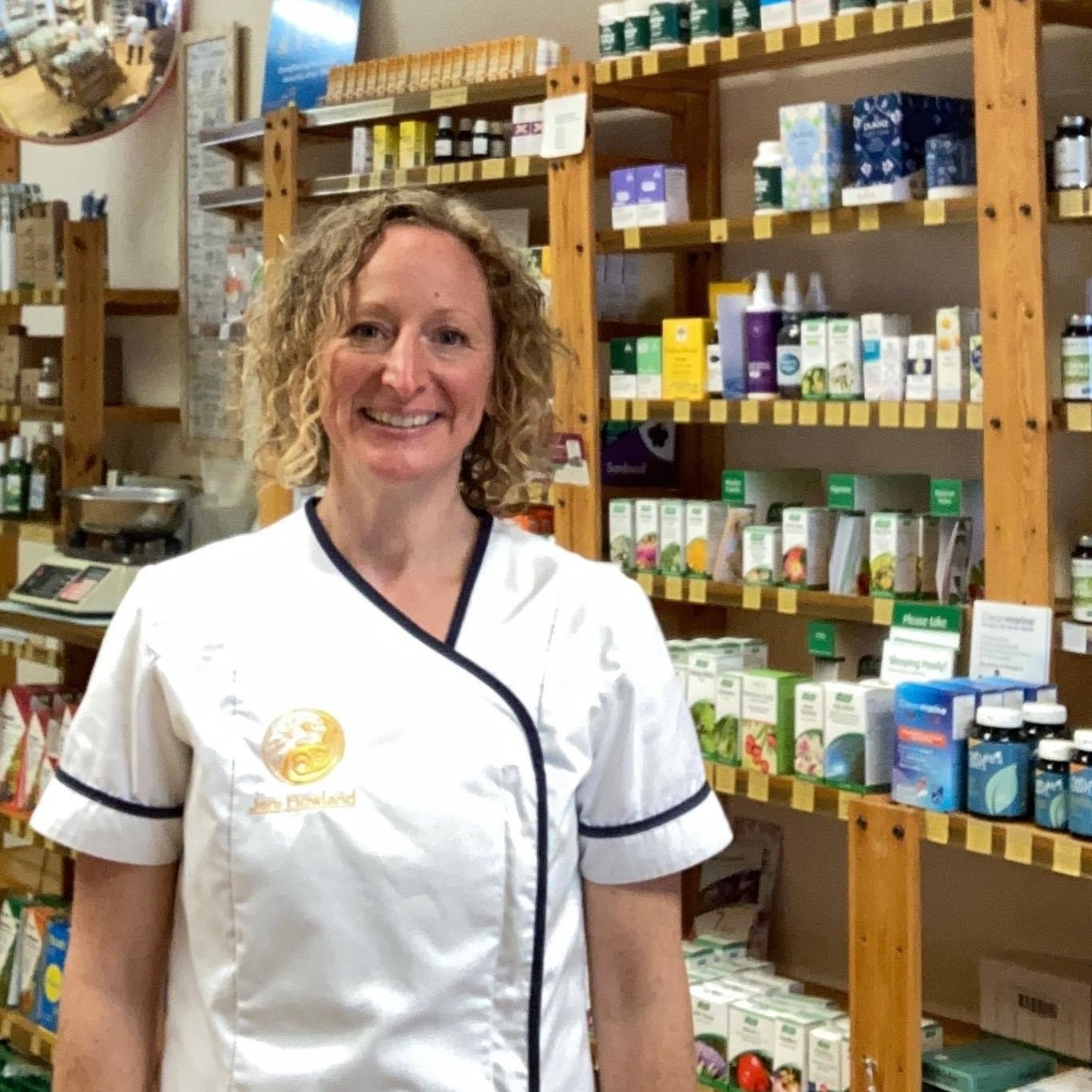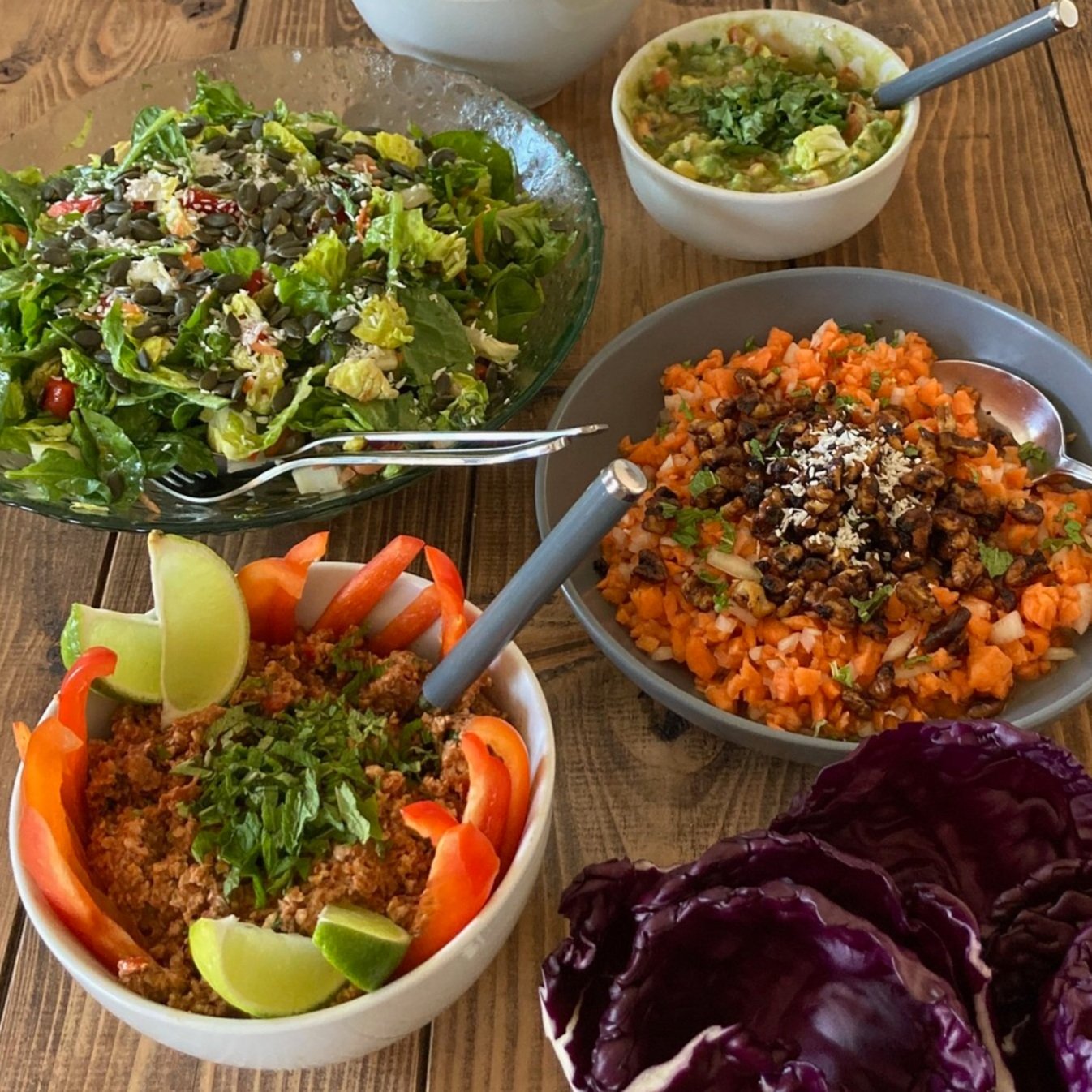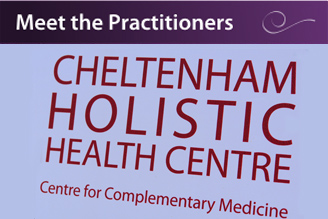Nourish Your Skin From Within

There are many skin-care products that dominate shop shelves and magazine pages, but does what you eat affect your skin and how does your overall health relate to your skin health?
Your skin is the largest organ in the body. It is your protector as it acts as a barrier between your insides and the rest of the world. Your skin prevents “bad” things from getting in and allows waste products to get out through sweat, while preventing leakages of the things that need to stay in. Your skin creates its own sebum to keep it moisturised and supple and it absorbs and processes useful things such as sunlight to make vitamin D. Your internal mucosa – the skin lining from your mouth down through your body on the inside of your body – is a continuation of this durable and essential organ.
Did you know that the skin is linked to the lungs and the large intestine? Chinese Medicine groups the Lungs, Large Intestines, and the Skin together under the umbrella of the Metal element. When the Metal element is out of balance, this may manifest as allergies, bronchitis, shortness of breath, nasal congestion, a cold, sore throat, digestive issues such as constipation, diarrhoea or abdominal pain, skin rashes, hives, or psoriasis.
The pores of the skin are known as the ‘doors of Qi’’, allowing energy to flow into and out of your body. The health of your skin is a direct reflection of the strength of your Lung Qi and your body’s ability to eliminate that which should be eliminated and to absorb that which should be absorbed.
The emotion that is most often related to this system is grief, as this is the ability or the ease with which we can let go of that which cannot remain. Grief, in some form or other, may be out of balance when there is a physical imbalance in the skin, lungs or large intestines.

Eating a balanced and healthy diet and drinking plenty of water is essential for keeping your skin well maintained and in full functional health. Important and beneficial nutrition will depend on your own circumstances, diet and imbalances, and may include: Omega 3 fatty acids (think oily fish like salmon, or flaxseeds), Omega 7 (sea buckthorn oil), Vitamin C (fresh fruits and veg), Vitamin A (orange vegetables such as sweet potatoes, butternut squash and carrots), MSM (eggs and legumes), Silica (green beans and leafy greens), Selenium (Brazil nuts), and Biotin (eggs, almonds, sweet potatoes).
Looking after your digestive system and ensuring that you are avoiding foods that cause irritation or trigger sensitivities or allergies is also very important for the health of your skin, and this is different for every individual. The skin often deals with the fall-out of a challenged digestive system, and this can manifest as rashes, hives, shadows under the eyes or psoriasis.
Exercising to enable your skin to sweat also helps to keep your skin healthy and nourished, so get out and enjoy the summer – go for a hearty walk, do some gardening, or take a yomp. Don’t forget to cover up or apply your favourite mineral sunscreen!








